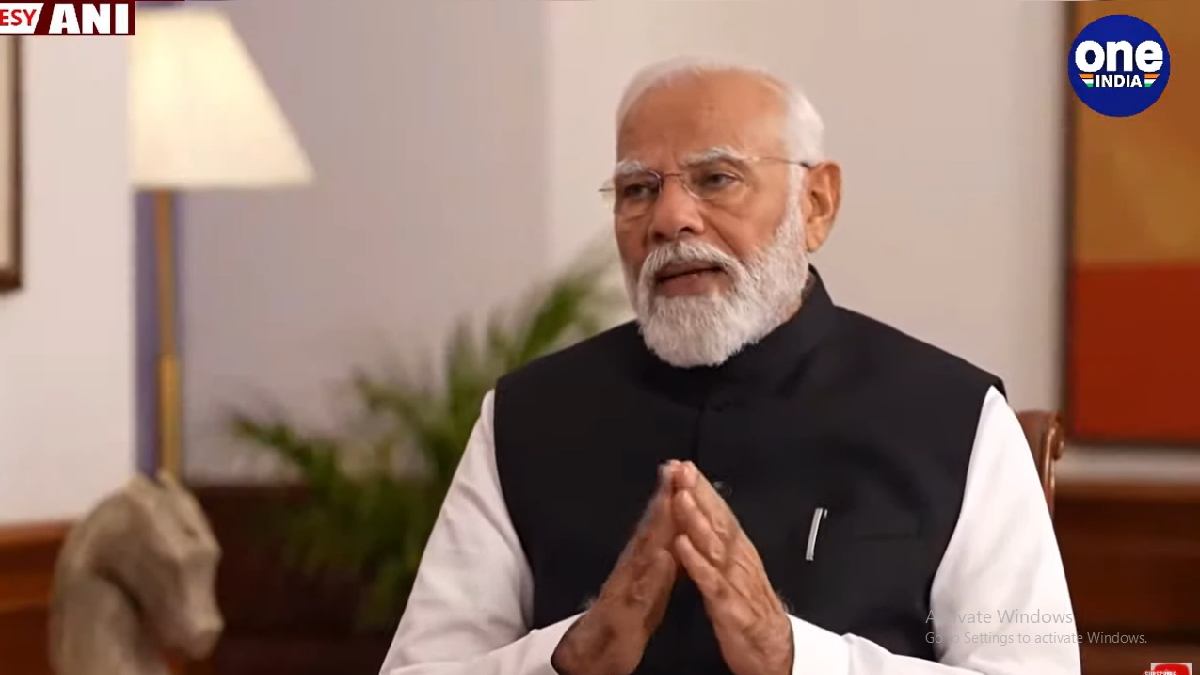US must reduce agri-subsidy to $12 bn: Nath
New Delhi, June 26: India today said the United States must reduce its overall trade distorting domestic agriculture support to 12.1 billion dollars as against the offer of 17 billion dollars made by it.
Commerce and Industry Minister Kamal Nath, after his return from the failed G4 talks among trade representatives of the US, EU, Brazil and India last week, had revealed that the US was demanding an increase by 70 per cent in agriculture subsidies to 17 billion dollars from the current level of 10.8 billion dollars per year. ''This was not acceptable to us.'' Besides this, India also wants tightening of the Green Box criteria to which developed countries have been shifting the bulk of their domestic agricultural support.
Stating today that he made a strong pitch for farmers in the trade talks among G4 ministers, Mr Nath said he upheld India's agricultural interests by refusing to compromise on agriculture market access issues which would have adversely affected the livelihood and food security concerns of the farmers.
Earlier, on return from failed negotiatons, he said, ''developed countries want to protect prosperity of their farmers, while we want to protect the livelihood of our farmers,'' and asked how India can compromise on the livelihood of her farmers.
Reiterating that the Doha round was not just about market access but also mandated the development content, he said reduction in industrial or non-agricultural market access (NAMA) tariff by developing countries must be less than those of developed countries.
Choice of two Swiss coefficients, therefore, must uphold the principle of ''less than full reciprocity,'' he added.
Developed countries had proposed Swiss coefficients of 10 for themselves and 15 for developing countries, meaning they would have to reduce tariff by just over 30 per cent on their industrial products, while it would have meant over 60 per cent cut by developing countries.
He said overall tariff reduction commitment by developing countries should be two-thirds of those taken by developed countries in agricultural products' market access.
India wants an agreement on self-determination of special products (SPs) based on criteria of food security, livelihood security and rural development needs. It also seeks a flexible special safeguard mechanism to protect the interests of developing countries than the existing special agricultural safeguard which is used mainly by the developed countries.
UNI


 Click it and Unblock the Notifications
Click it and Unblock the Notifications




